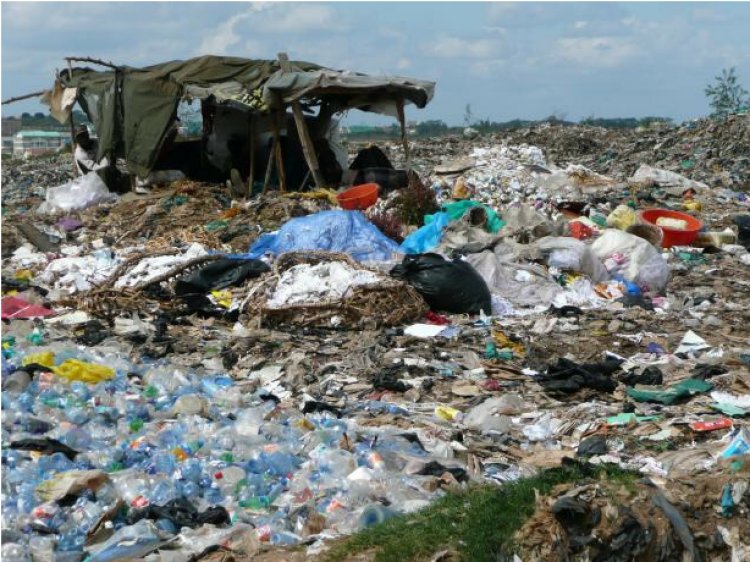Dandora Dumpsite Converted Into a Gun Market
With the law enforcers unable to access the area, and the criminals enjoying protection from some cartels, the region has seen gangs trade guns without fear of being caught.
A recent report by the Global Initiative Against Transitional Organised Crime has now put the Dandora dumpsite in the spotlight following its shocking revelation.
The report showed how the zone has of late become a place where gangs hide firearms, since law enforcers hardly visit the area, in addition to lack of surveillance systems.
According to the report, 'Boma Village', a settlement near the site has witnessed auctioning of firearms, with officers unable to nab anyone.
The survey also adds how the region is impenetrable by law enforcers whose visitation attempt in 2018 was received with hostility and furious exchange of fire between officers and criminals.
Close sources indicate how private waste managers have been shielding the gangsters, as long as they guard their interests.
In the past, officers have only been forced to watch from a distance, as the gangs clash among themselves to a point of even killing each other.
Seven years ago, for instance, a gang member was shot dead after the groups clashed over the zone's control. His corpse was then doused by the rivals and set ablaze as officers watched without intervening.
A few days later, another member was also stabbed to death after a five-hour stand-off between the gangsters. Officers could also not intervene, afraid of losing their firearms.
Efforts by the ex-Dandora legislator James Gakuya to have the site relocated in 2014 hit a wall following various interests by different individuals.
Instead of the dumpsite's relocation, officers were moved from the region, rendering it a security-torn zone. The area has since become a breeding zone for criminals and corrupt cartels for waste managers.
A quick report shows that the area is dominated by about 0.9 million households, with each having to pay about Sh500 as a waste collection fee monthly.
This translates to over Sh5 billion that ends in the pockets of waste managers who hardly deliver. Residents have further been forced to pay for garbage collection services, failure to which the consequences might be dire.
Those who happen to oppose have been treated to raw sewage being dumped on their doorsteps, or even being robbed of their valuables.




























